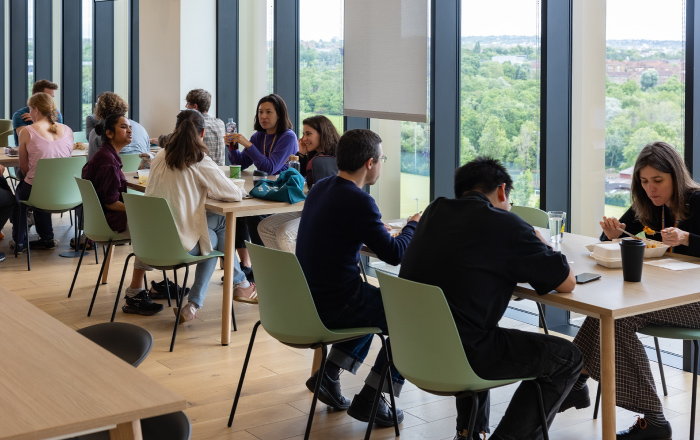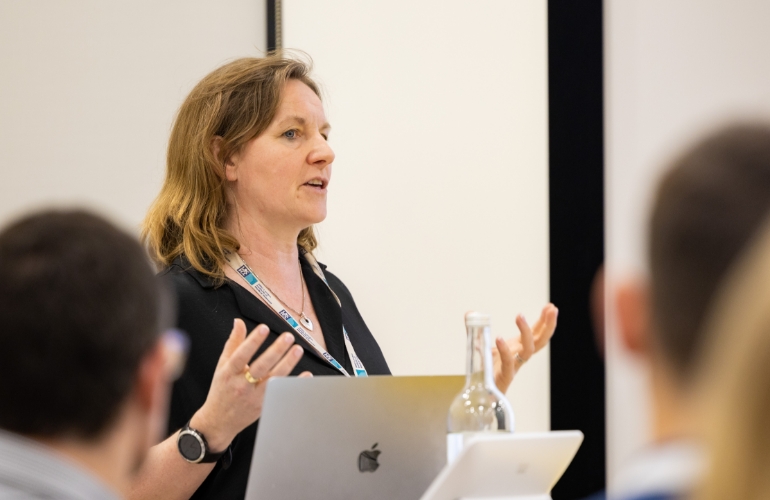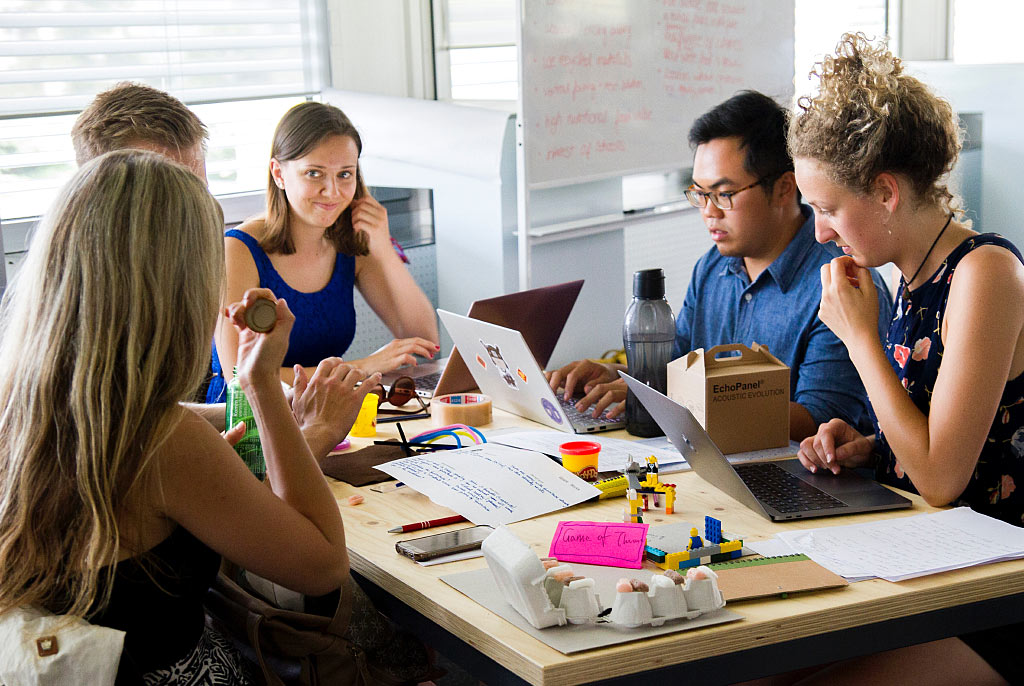Introduction to student life at the LMS
Have you just completed your first degree? Or perhaps a Masters? Congratulations on your achievements! Are you considering a PhD? If so – consider an LMS PhD.
Introduction to our PhD programmes
The LMS offers two tailored PhD programmes – a core PhD programme and a transdisciplinary PhD programme, designed to inspire, challenge and nurture the next generation of research leaders. Our students work at the forefront of science in our state-of-the-art West London facility, gaining hands-on experience with cutting-edge technologies and benefiting from close mentorship by internationally recognised Group Heads.
Our PhD students are enrolled through Imperial College London’s Faculty of Medicine, giving them access to the Graduate School’s extensive training resources, student benefits, and a dynamic postgraduate community. Join us to grow as a scientist, collaborate across disciplines and make discoveries that can transform lives.
We’re committed to fostering an inclusive and diverse research environment where all PhD students feel valued and supported. To find out more visit our dedicated equality, diversity and inclusion page.
Core PhD programme
Our core PhD programme offers an exceptional training environment for talented and ambitious graduate students who are eager to explore bold, innovative approaches to biomedical research and push the boundaries of scientific discovery. Designed to nurture future scientific leaders, the programme encourages creative thinking, critical analysis, and empowers students to tackle complex biological challenges. With access to world-class facilities, expert mentorship, and a vibrant, collaborative research community, this programme provides the perfect environment for students aspiring to make transformative contributions to science and medicine. In addition, all students benefit from a wide range of professional development opportunities, reflecting our strong commitment to the personal development of our students.
Transdisciplinary PhD programme
Our transdisciplinary PhD programme offers an outstanding training environment that closely mirrors our core programme but places a stronger emphasis on transdisciplinary research. Launched in 2023, this initiative brings together scientists from the LMS, leading global academic institutions, and industry to tackle global and societal challenges, as well as core biological problems with direct relevance to human health. This programme aims to attract students from diverse and non-traditional academic backgrounds, including mathematics, physical sciences and engineering. The programme’s transdisciplinary nature fosters an environment where ideas flow freely, collaborations thrive, and pioneering research has the potential to achieve high-impact research. By integrating knowledge across fields, the programme inspires students to innovate and develop holistic solutions to key biological and clinical challenges helping to advance healthcare and improve lives.
What we offer
Our PhD programmes offer students a generous, tax-free stipend of £26,500 per year, for four years and cover the cost of student tuition fees as well as necessary research consumables. Visa costs are covered for overseas students.
Applications will open next October.
What to expect as an LMS PhD Student
Students are supported by a dedicated team of two co-supervisors, two assessors and a mentor. Co-supervisors offer expert guidance and teaching throughout the PhD, ensuring strong academic development. Assessors provide structured support through regular progress reviews and tailored career and professional development advice, while mentors offer continuous wellbeing support and guidance, fostering a positive, nurturing environment for both personal and academic growth.
Click through the carousel below to find out more about what it’s like to be an LMS PhD student.
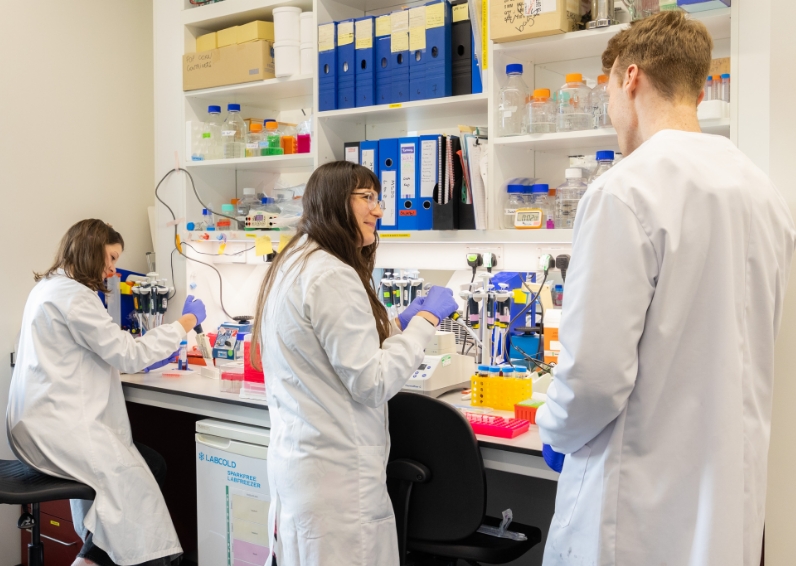
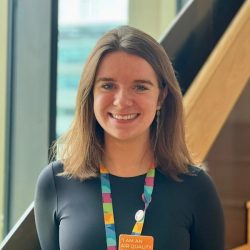
“Throughout my PhD, the core facilities at the LMS have provided me with the opportunity to learn a wide range of techniques in a highly supportive environment. The collaborative and open culture here means that whenever I’ve wanted to explore a specific area or technique, there has always been someone with relevant experience willing to help.”
Jane Bennett, PhD student, Cellular Stress group
Impact of our work
Congratulations! LMS Celebrates Graduation of PhD Students at Royal Albert Hall Ceremony
Published May 22, 2023
3 Minutes reading time
Speck lab receives prestigious Discovery Programme Award
Published August 4, 2021
2 Minutes reading time

